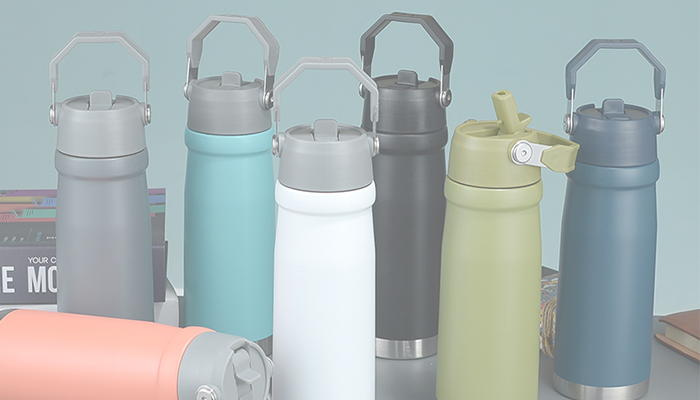A good night's sleep is essential for our overall well-being and productivity. One crucial factor that significantly impacts our sleep quality is the type of mattress we choose. With the market flooded with options, it can be overwhelming to decide whether a firm or soft mattress is better for us. In this comprehensive guide, we will delve into the pros and cons of both types, considering various factors to help you make an informed decision.
- Understanding the Differences:
To determine which mattress is better, we must first understand the differences between firm and soft mattresses. A firm mattress provides more support and is typically recommended for individuals with back pain or those who prefer sleeping on their stomach. On the other hand, a soft mattress offers more cushioning and is suitable for side sleepers or those seeking pressure relief. - Spinal Alignment and Support:
The alignment of our spine during sleep is crucial for preventing discomfort and promoting proper posture. A firm mattress helps maintain spinal alignment by providing adequate support to the body's natural curves. It ensures that the spine remains in a neutral position, reducing the risk of waking up with aches and pains. However, a soft mattress can contour to the body's shape, relieving pressure points and promoting better blood circulation. - Individual Preferences and Sleep Positions:
Choosing the right mattress also depends on individual preferences and sleep positions. While some people find firm mattresses uncomfortable, others may prefer the extra support they offer. Side sleepers often benefit from a softer mattress as it allows the shoulders and hips to sink in, aligning the spine properly. Back and stomach sleepers, however, may find a firm mattress more suitable as it prevents excessive sinking and maintains proper alignment. - Impact on Sleep Disorders:
Individuals with specific sleep disorders, such as sleep apnea or acid reflux, need to consider their condition when choosing a mattress. A firm mattress can help alleviate symptoms of sleep apnea by keeping the airways open, while a slight incline provided by a softer mattress can reduce acid reflux symptoms. - Longevity and Durability:
Investing in a mattress is a long-term decision, and considering its longevity and durability is crucial. Firm mattresses tend to have a longer lifespan as they are less prone to sagging. However, soft mattresses may provide initial comfort but may lose their supportiveness over time. It is essential to choose a mattress that maintains its quality and support for years to come.
Conclusion:
When it comes to choosing between a firm or soft mattress, there is no one-size-fits-all answer. It ultimately depends on individual preferences, sleep positions, and specific needs. While a firm mattress offers excellent support and spinal alignment, a soft mattress provides pressure relief and contouring. Consider factors such as sleep position, existing sleep disorders, and durability before making a decision. Remember, a high-quality mattress tailored to your needs is the key to a restful and rejuvenating sleep.







